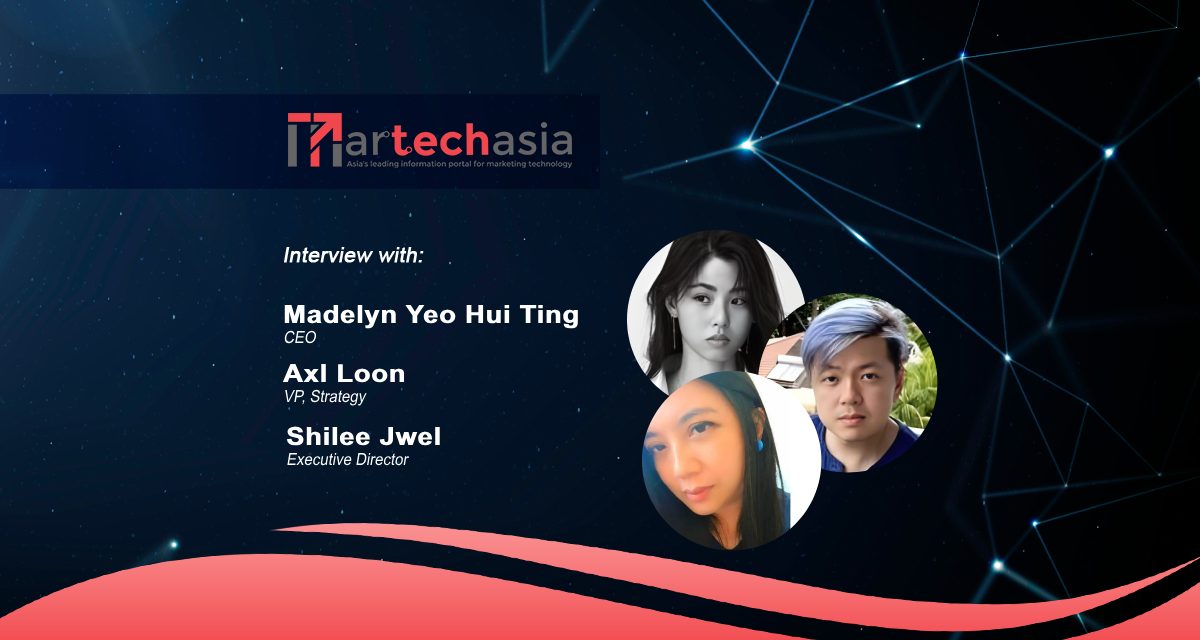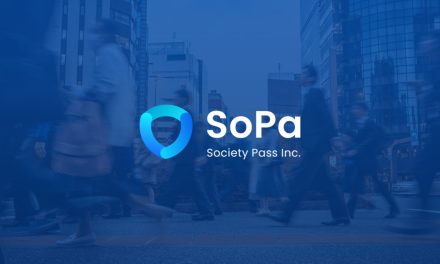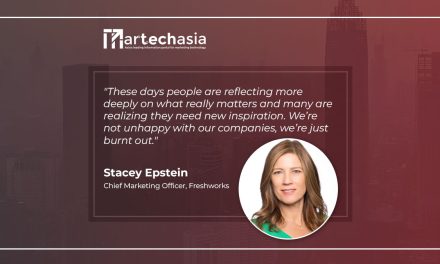When lifestyle businesses digitally transform their marketing strategies, what may happen?
The same VR and AR technologies that turned the 2024 World Economic Forum (WEF) at Davos into an immersive virtual experience, and transformed Belgium’s Tomorrowland into a hybrid festival, are now changing how lifestyle sectors, including skincare, engage their digital audiences in this part of the world.
One company exploring this is Skincalories, with its Skins Festival — a fresh take on hybrid events and a new way to connect with digital audiences. Celebrating beauty, wellness, and entertainment, the festival will engage audiences across multiple locations in 2025 and 2026.
We find out from Skincalories’ three co-founders – Madelyn Yeo Hui Ting, CEO; Axl Loon, VP, Strategy; and Shilee Jwel, Executive Director – how, by blending cutting-edge tech with interactive activities, the company aims to redefine customer experience through immersive, hybrid events.
In today’s digital economy, how do hybrid events open up regional and even global markets?
Axl: Hybrid events are a transformative tool in the digital economy, combining physical presence with digital accessibility to expand regional and global markets. They transcend geographic barriers, enabling global participation through virtual platforms while tailoring localized content with features like AI translations and AR/VR experiences.

This format reduces logistical costs, enhances engagement through interactive digital tools, and provides valuable analytics on audience behavior.
By boosting brand visibility, showcasing innovation, and offering resilience to disruptions, hybrid events create scalable, inclusive, and immersive opportunities for businesses to connect with diverse markets, foster collaborations, and drive international growth.
What are the technologies and tools behind the scene that make creative hybrid events possible?
Axl: Creating engaging hybrid events relies on a blend of advanced and accessible technologies. High-end platforms like Unreal Engine, Unity, and NVIDIA Omniverse power immersive 3D environments, real-time rendering, and AI-driven enhancements for interactive and visually stunning experiences. These tools are ideal for creating polished, large-scale productions.
For those looking for cost-effective or open-source solutions to get started, tools like Blender (a free 3D modeling and animation platform), OBS Studio (Open Broadcaster Software for live streaming and video recording), and Godot Engine (an open-source game engine for creating interactive virtual spaces) are excellent options. Platforms like Mozilla Hubs also allow users to create basic virtual event spaces with minimal cost, providing flexibility for smaller-scale hybrid events.
These tools, combined with live streaming platforms like YouTube Live, Zoom, or Twitch, help event creators bridge physical and virtual audiences, providing engaging and accessible hybrid experiences for all.
How are the VR and AR technologies that turned the 2024 World Economic Forum (WEF) at Davos into an immersive virtual experience, and transformed Belgium’s Tomorrowland into a hybrid festival, now changing how lifestyle sectors – such as skincare – engage digital audiences?
Shilee: VR and AR technologies, as showcased at the 2024 World Economic Forum (WEF) with immersive virtual environments simulating real-world discussions and at Tomorrowland’s hybrid festival, are revolutionizing how lifestyle sectors like skincare engage digital audiences.
These tools enable brands to craft compelling narratives through virtual tours, product simulations, and AR-powered try-ons, while also offering tailored skincare consultations and hybrid event experiences.

By blending physical and digital elements, brands can create visually captivating content, build global communities via virtual influencers and gamified interactions, and foster deeper customer engagement and loyalty in a digital-first world.
What is the impact of such developments on the regional job market and talent requirements?
Shilee: The integration of VR and AR technologies is reshaping the regional job market by increasing demand for tech-savvy talent skilled in tools like Unity and Unreal Engine, while fostering hybrid roles that blend creative and technical expertise.
New positions such as virtual experience designers and XR product specialists are emerging, alongside opportunities in content creation for immersive environments and virtual influencers. This transformation necessitates upskilling initiatives to prepare the workforce for industry demands, with regional governments and organizations likely to invest in training.
Additionally, VR/AR adoption is expanding across sectors like retail and tourism, encouraging remote and global collaboration while redefining traditional roles and creating innovative career paths.
How is Skincalories looking to leverage digital innovations for marketing and events now and in the future?
Madelyn: Skincalories is leveraging digital innovations to redefine its marketing and events strategy, both now and for the future, by integrating cutting-edge technologies like VR, AR, and AI into its brand ecosystem.

Current initiatives:
- Virtual Influencer Magda: Skincalories’ AI-powered ambassador connects with audiences through music videos, digital comics, and immersive storytelling, seamlessly integrating the brand into her narrative.
- Vroom Vroom Dance Challenge: A social media campaign using a brand song to engage influencers and consumers with interactive, shareable content.
- Hybrid Vending Machine Launch Events: Utilizing in-mall activations and AR experiences to enhance customer engagement and boost visibility of its vending machine initiative.
Future plans:
- SkinS Dance Competition A global hybrid event where contestants interact with Magda as a virtual teammate, leveraging live-streaming and episodic storytelling to organically feature partner products.
- Digital Content Integration: Expanding product placement into VR and AR experiences across Magda’s digital verticals, including comics, live streams, and behind-the-scenes content.
- AI-Driven Personalization: Implementing AR-powered skincare consultations and personalized product recommendations through digital platforms.
Long-term vision:
- Metaverse Engagement: Exploring opportunities to host virtual masterclasses, events, and exclusive product launches in immersive digital environments.
- Data-Driven Insights: Utilizing analytics from digital campaigns and events to refine strategies, optimize engagement, and adapt to consumer behavior trends.
By embracing these innovations, Skins Festival Interactive is creating a dynamic, interactive, and future-proof marketing and events model that appeals to a tech-savvy, digitally native audience.


















